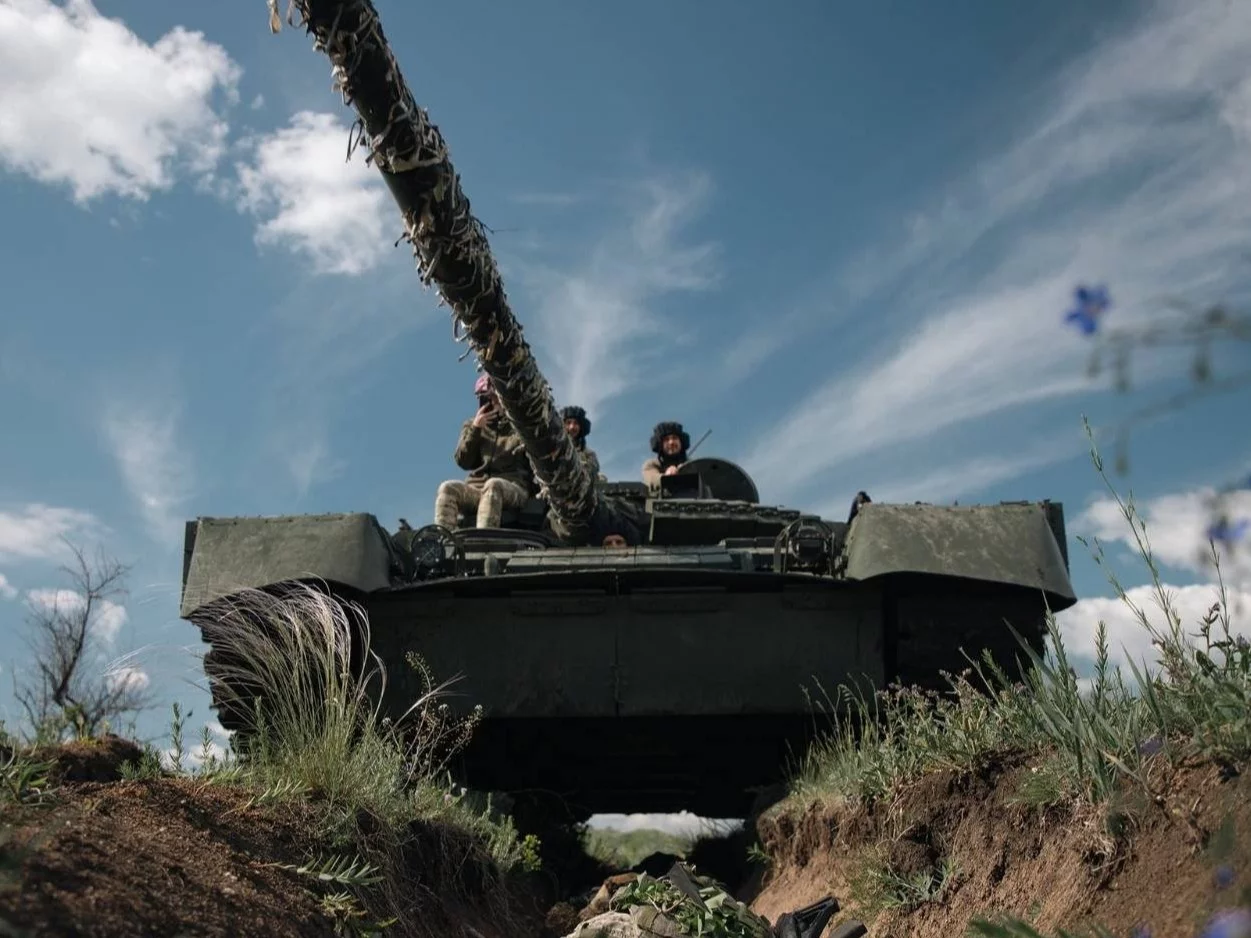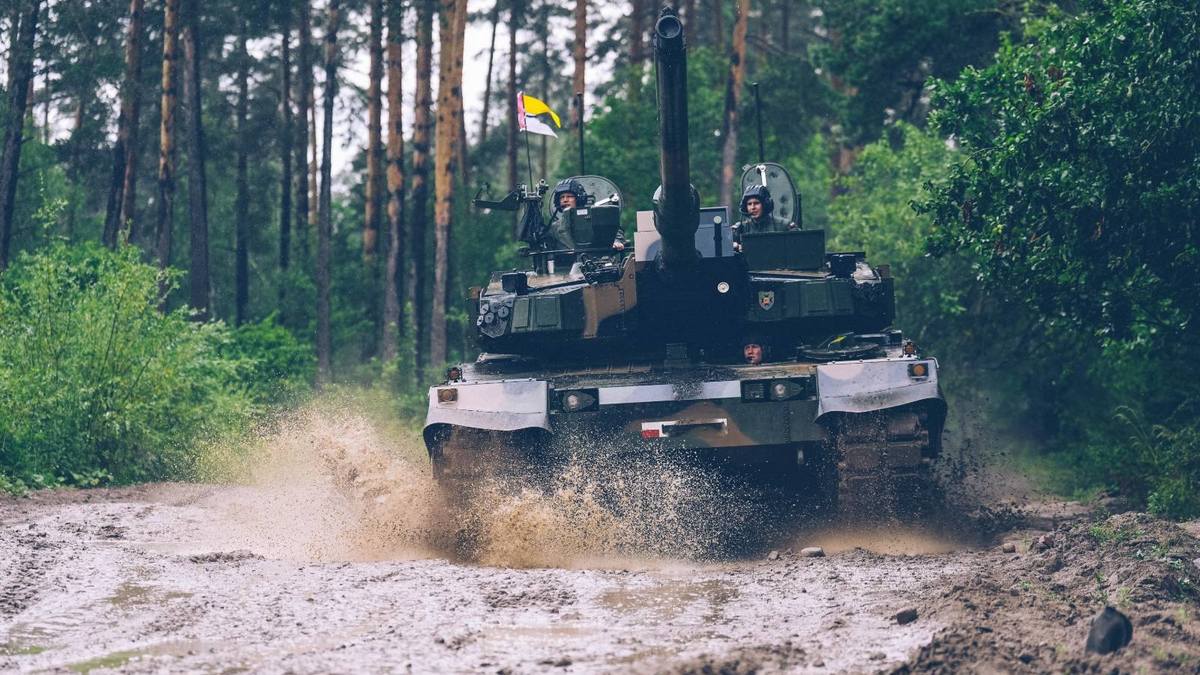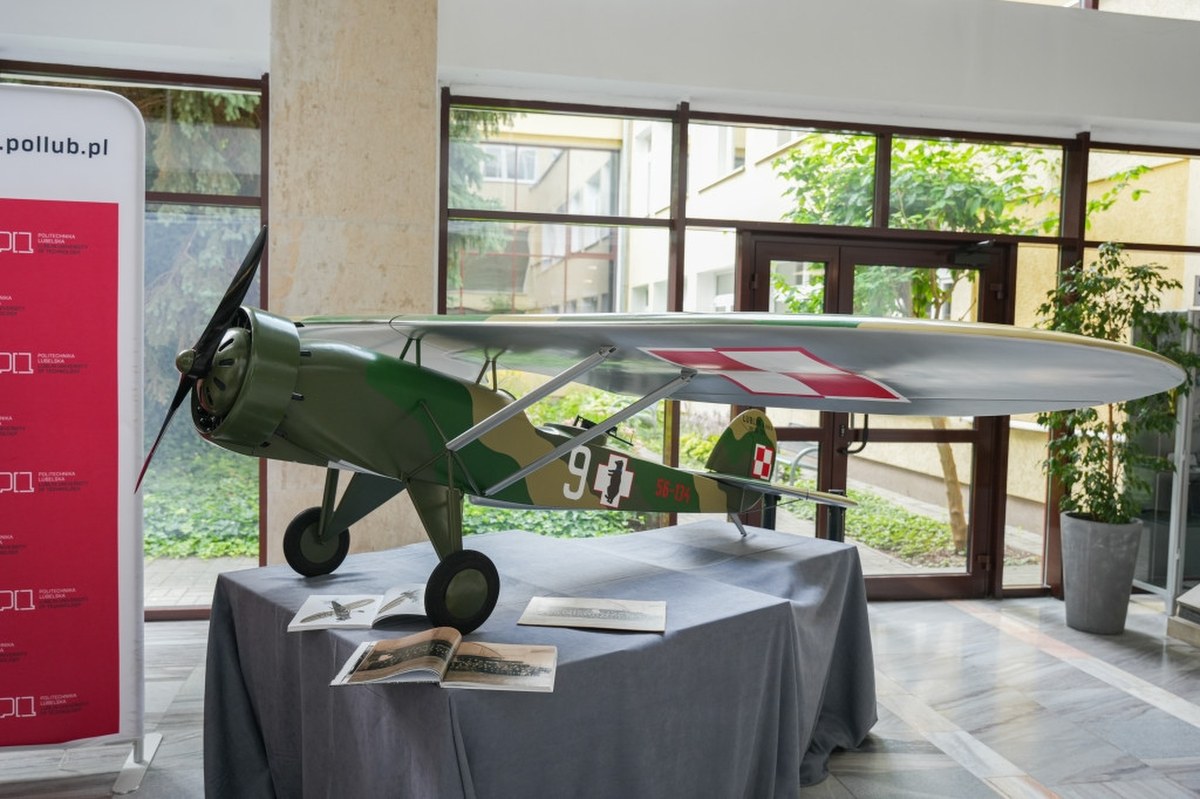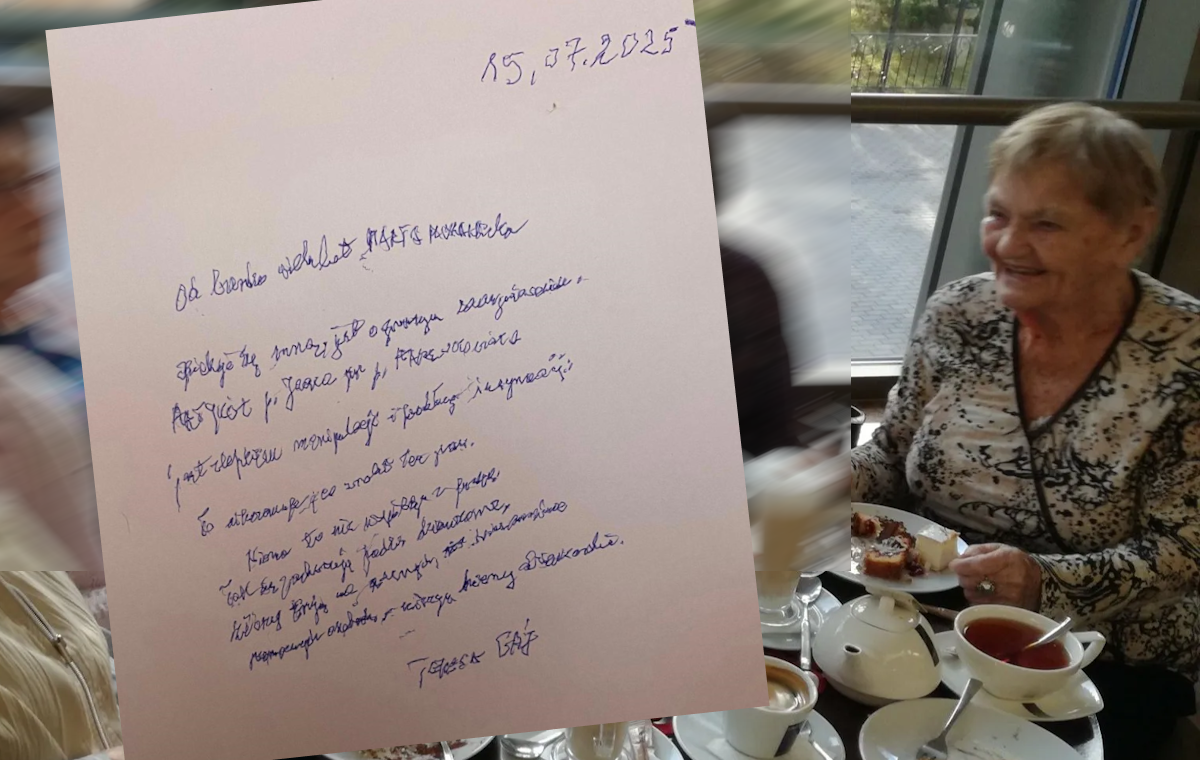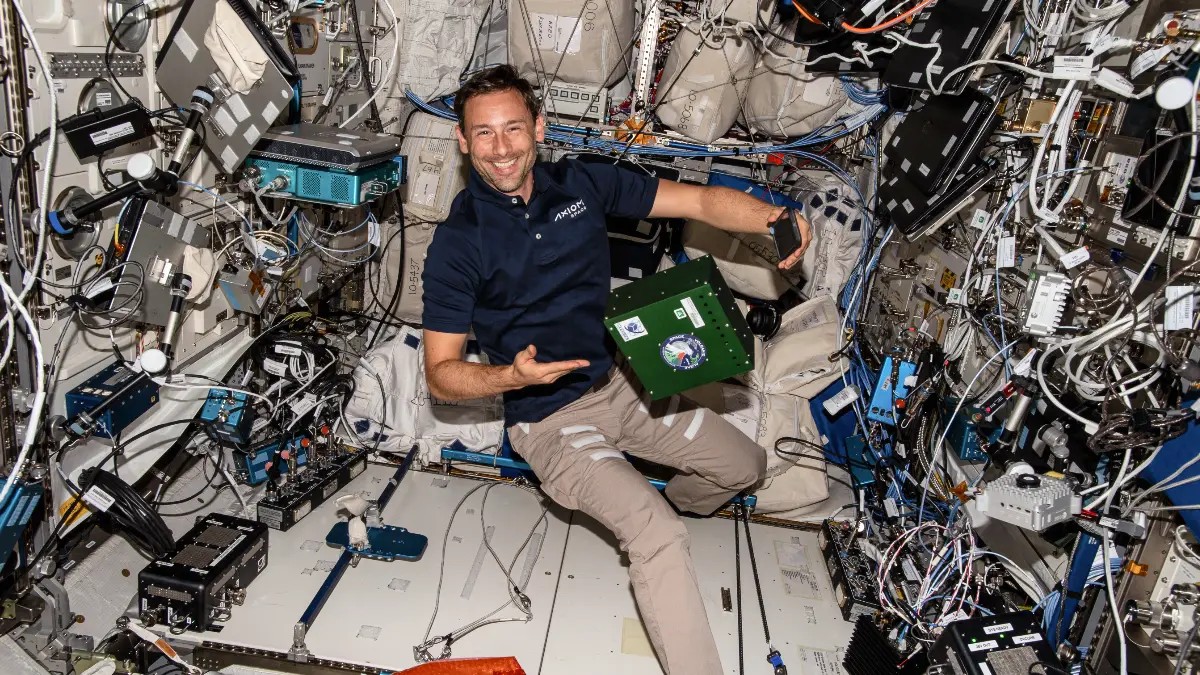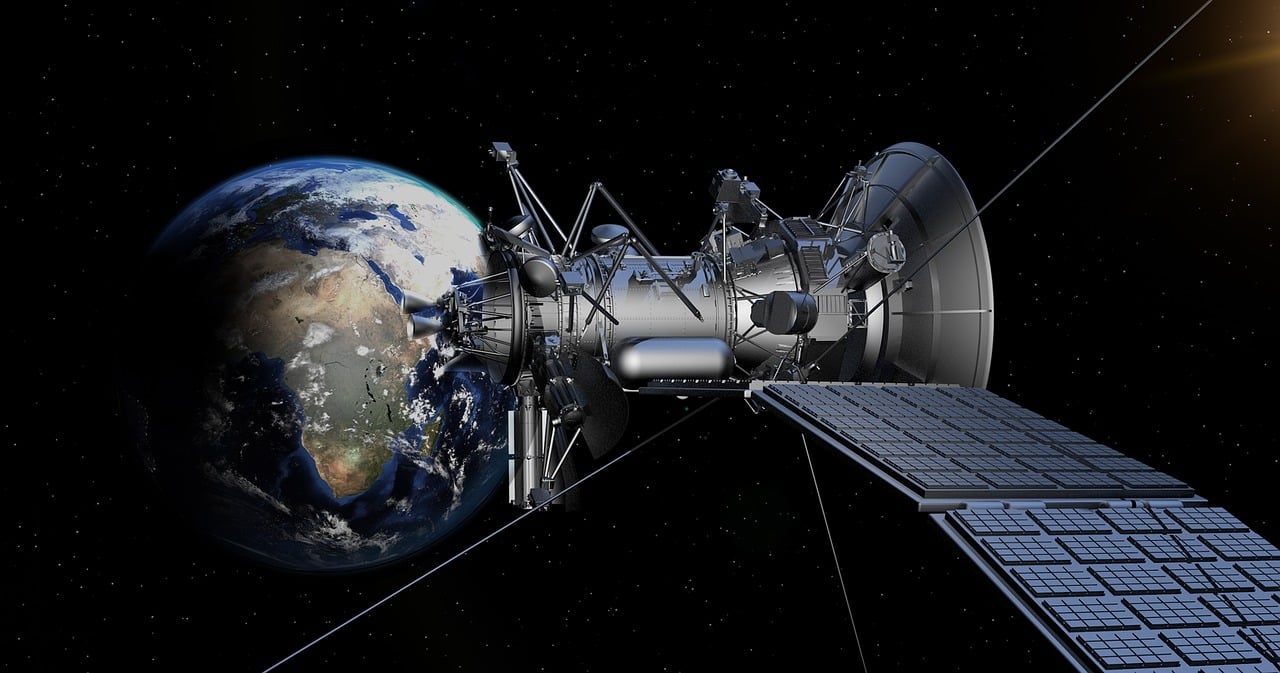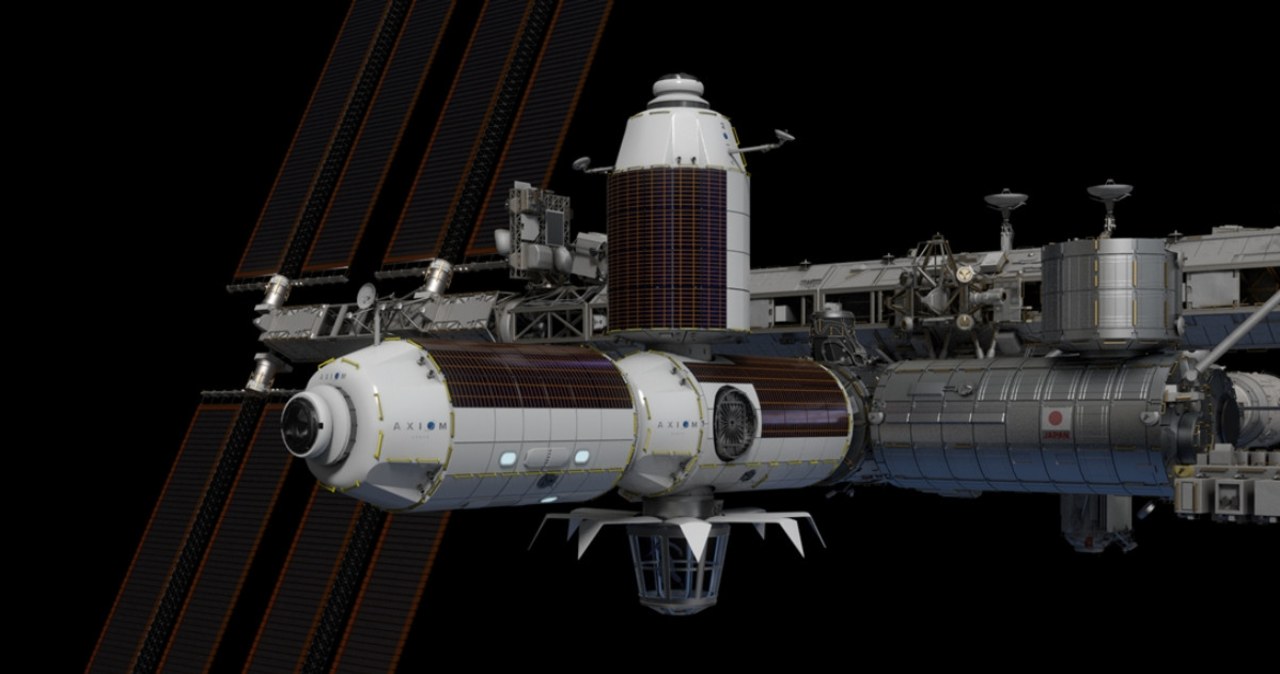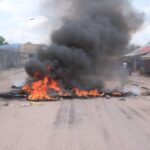
W Democratic Republic of the Congo The M23 rebels announced the capture of Goma, the largest city in North Kivu state in the east of the country. They are assisted by neighboring Rwanda: UN reports indicate regular Rwandan Army units are active in M23 battles — but officially Rwanda denies it.
North Kivu is simply a region in the east part of the Democratic Republic of the Congo, bordering Rwanda and Uganda. Conflicts between rebel groups and central government have been going on for about 20 years..
The dispute has its roots in Rwanda genocide in 1994. At the time, thousands of Tutsi fleeing genocide by Hutu in their homeland fled to Zaire (the name of the DRC until 1997), and then, after a change of power in Rwanda, besides Hutu, who feared persecution by the fresh government for participating in the genocide.
As the numbers and influences grew, they began to take control of mineral smuggling and openly clash with the authoritative authorities of the Democratic Republic of Congo. In 2004, the Tutsi revolted in North Kivu, accusing the authorities of allowing the Hutu groups, which allegedly planned to organize a fresh genocide.
The conflict continued for 5 years until a peace agreement was reached in 2009 in which the rebels agreed to lay down their arms in exchange for representation in parliament and army. The rebels were quietly supported by Rwanda, which hoped to increase influence in the region with the aid of their tribemates (Tutsi have been in power in Rwanda since 1994).
A region plagued by conflicts
In 2012, Tutsi, who had previously served in the authoritative forces of the DRC, launched a fresh rebellion, accusing the president Joseph Kabila About falsifying the elections that took place shortly before. The fight against the rebels (called "Move 23 March" or M23, from the date of the peace agreement of 2009) lasted for over a year and a half, after which the global community concluded peace agreements: UN forces were deployed in the region, the M23 movement was disarmed, most of its erstwhile fighters were accepted by Uganda, and the Congolese authorities undertook fresh commitments to defend cultural Tutsi.
From 2012 to 2013 Rwanda support for M23 was much more active than 5 years earlier. UN reports indicated that the defence minister of this country was de facto commander of military operations of militants. The DRC authorities officially identified Rwanda's actions as ‘invasion’, but Rwandan rulers themselves categorically denied direct engagement in the conflict. The U.S. and another countries have limited a number of aid schemes and economical projects in Rwanda, which have mostly decided to end the fighting.
The current active phase of the conflict between Tutsi rebels and the Congolese government began in 2022., and the reborn M23 accused the DRC authorities of failing to comply with the agreements concluded a decade ago — in peculiar the deficiency of protection of Tutsi from the Hutu armed groups. The central government in the region is indeed mostly declarative, and many territories are controlled by dozens of different groups. Minerals — cobalt, tantalum, tungsten, gold — are then smuggled into planet markets. Since smuggling is mainly carried out by Rwanda, this country is the main beneficiary of the situation.
“We are ready to fight”
Experts indicated that the real reason for the fresh M23 rebellion was Rwanda's desire to prevent DRC from implementing major infrastructure projects with Uganda. In 2024, Rwanda began openly threatening the neighbouring country with a full-scale war — in June the president Paul Kagame He said that "we are ready to fight if necessary."
A period later, UN experts published a study stating that between 3 and 4,000 Rwandan army soldiers were straight active in the fight against Congolese troops, in addition to M23 rebels.
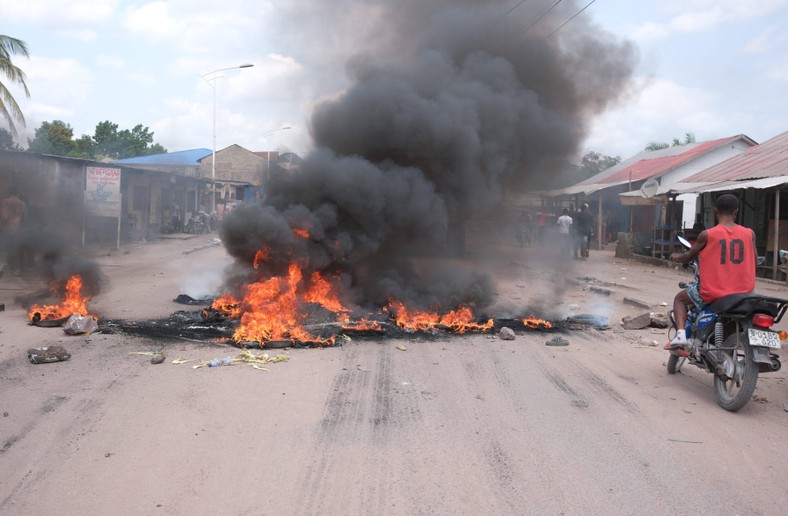 AA/ABACA/ PAP
AA/ABACA/ PAPRiots in Kinshasa
In early 2025 the M23 movement began a large offensive on the town of Goma — The fighting lasted for respective days, and on January 26 the rebels announced that it was under their control. The acquisition of a 2 million-dollar city attracted the attention of planet media.
Some journalists observed similarities between Rwanda's actions in the Democratic Republic of the Congo and Russia's war in Donbas from 2014 to 2020, while categorically denying at the authoritative level her commitment to combat. “Rwanda behaves like Putin — but in Congo” “The Economist”.
Further escalation can lead to disaster
The publication expressed concerns that stopping Rwanda could be more hard than 10 years ago: while the West was adequate to endanger with economical means, it may not be adequate now. Rwanda now has powerful partners, specified as China and Turkey, which may refuse to restrict lucrative trade with this country.
For now, however, the West does not do so either. Although the U.S. State Department announced the request for an immediate ceasefire and explicitly demanded that Rwanda retreat its troops (whose presence the country has never recognised) from the DRC and have begun negotiations, it has not yet threatened with any unilateral sanctions. Washington only said that deescalation measures should be discussed at UN safety Council level. Meanwhile, in Kinshasa, the capital of the Democratic Republic of the Congo, mass demonstrations began in front of embassies of Western countries that are turning into Mass. Protesters are dissatisfied with the deficiency of a hard global consequence to the actions of the rebels and Rwandan authorities.
It is estimated that respective people were killed (not counting the militants themselves and respective UN peacekeepers), more than 700 were injured, and reports of looting and rapes are coming from the city. Since the start of the rebel offensive, 400,000 people have fled their homes.
The UN says that further escalation of the conflict can lead to an even greater crisis that will make millions of people refugees and lead to death. Continued fighting can besides lead to uncontrolled spread of infectious diseases specified as monkey smallpox. The deficiency of power in Goma made the biological laboratory where the Ebola virus is stored is powerlessand the Red Cross warns that their long-term retention without freezers poses a serious hazard of leakage.


